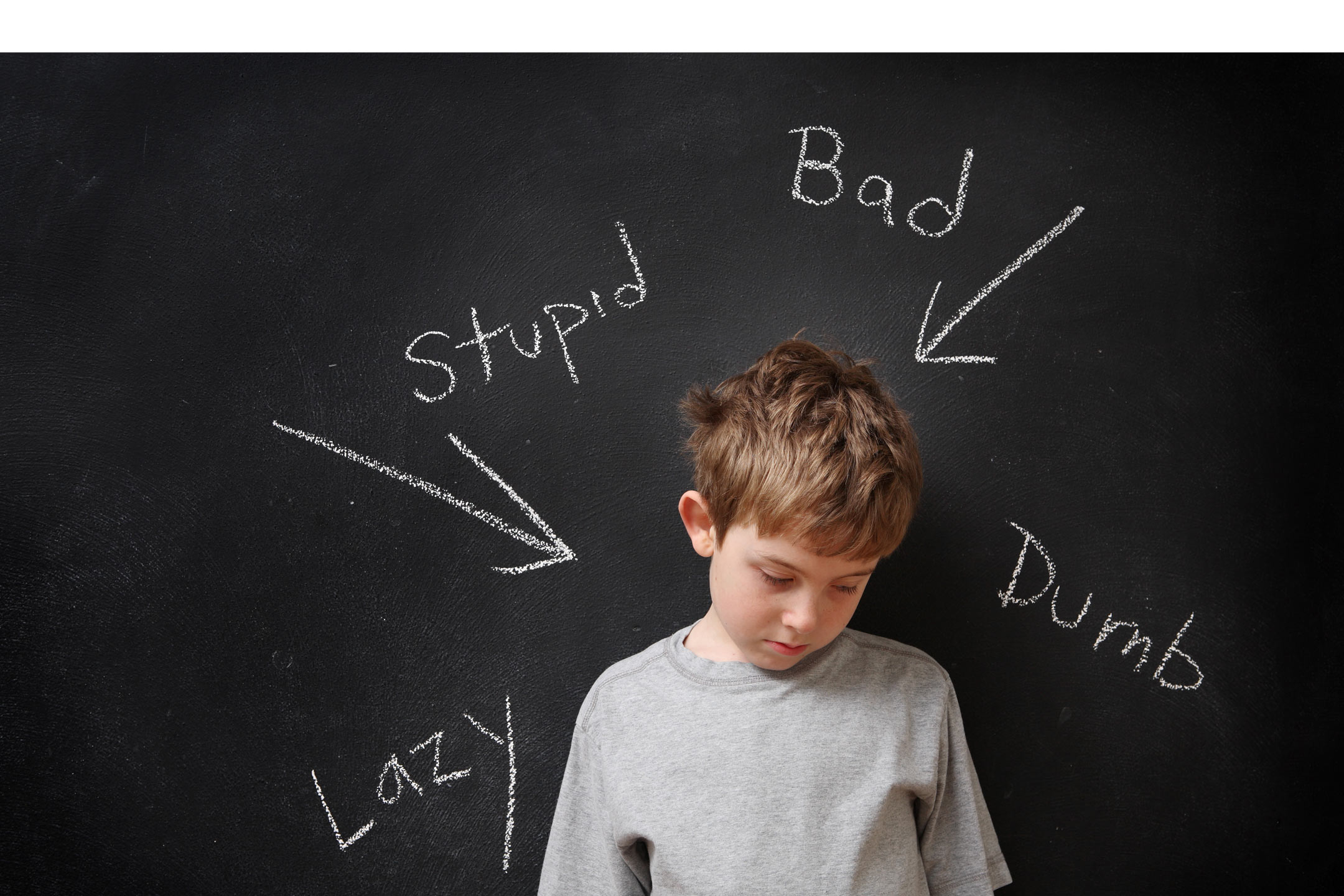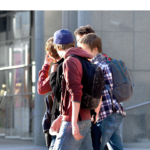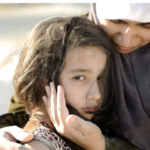
01 Aug How Nice Kids Handle Meanness
Michelle Mitchell looks at ways you can help your child become more resilient when faced with the dramas and self-doubt of growing up.
“Our poor little girl is being called dumb at school. She’s becoming really anxious about going to school and also being away from mum. It breaks my heart to see her change like this. I thought you might be able to help us?”
A mum messaged me asking for advice. Her six-year-old was consistently being called ‘dumb’ at school. She was becoming very anxious, waking up in the night crying and fearing being left alone. She needed the skills to cope, and cope quickly!
I often say to young people: if someone is mean once, you are best to write it off as a bad day. If someone is mean to you twice, you might choose to overlook it. But if someone is mean to you consistently, you need a strategy. I suggest you push back with the truth.
That is why I asked this little one to practise some short, sharp, snappy statements to respond to her bullies’ comments. These statements included, ‘Stop. I’m a really nice person’ and ‘I don’t think you should be saying that, do you?’ Comments can be changed depending on the child’s age. This little girl was in Year 1.
As communication is 70% body language, she had to practice the moves to go with her words. Hand gestures, eye contact and standing tall all emphasised she meant what she said. Practice was the key to sounding strong, as she wasn’t accustomed to having to be so forthright.
After I posted about this girl’s day on Facebook, I had a flood of families tell me their children were practising the same comeback lines. Some even sent me videos of their children in action. I loved seeing cute, sweet and kind little ones push back with truth.
It is well documented that young people are reluctant to deliver negative feedback in order to avoid negative evaluations by others. They will also modify feedback so that it is less negative or even avoid giving feedback entirely. They may not want to be perceived as not being nice, and they may be concerned what others think about them. By doing this they decrease the threat of social exclusion and potential rejection.
If you have a shy or very ‘nice’ child who struggles to stick up for themselves, they will need your support. Nice is not always the most appropriate response. There are time when strong words do a much better job. A little bit of sass goes a long way in situations like this. Let’s help them understand there are times when it is completely appropriate for them to be impolite.
The first time our children experience meanness can be very hurtful, especially if they have always been surrounded by love and approval. I know parents feel their son’s and daughter’s pain during these times and want to do everything they can to support them. This strategy is something that all parents can practise with little or big ones!
Michelle is an educator, author and award-winning speaker whose passion is to support families as they build resilience in young people. In 2000 Michelle left teaching and founded Youth Excel, a charity which supported thousands of young people with life skills education, mentoring and psychological services. Michelle’s hands-on experience in the health and wellbeing sector has made her an engaging and sought after speaker. She lives in Brisbane, Australia with her husband and two teenagers.
 Michelle Mitchell’s “Everyday Resilience: Helping Kids Handle Friendship Drama, Academic Pressure and the Self-doubt of Growing Up”. It is suitable for parents of children 6 – 17 years old and has a school issues focus. This book is available in all good bookstores. Published by Big Sky Publishing, RRP $24.99.
Michelle Mitchell’s “Everyday Resilience: Helping Kids Handle Friendship Drama, Academic Pressure and the Self-doubt of Growing Up”. It is suitable for parents of children 6 – 17 years old and has a school issues focus. This book is available in all good bookstores. Published by Big Sky Publishing, RRP $24.99.





